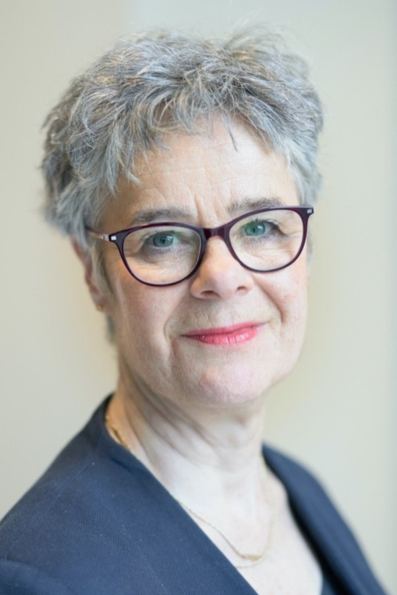Thérèse Onderdenwijngaard, programme coordinator for Organisation Sciences, knows this scenario all too well. Today, she shares how the COVID-19 pandemic and online education not only reshaped the dynamic between students and teachers but also led to a successful peer mentoring programme within the Faculty of Social Sciences (FSS).
“We didn’t even know who our first years were”
Thérèse could hardly imagine how tough things were for the COVID-19 generation, and how the impact is still felt today. These students had to navigate a rapidly changing world without the usual support and guidance from the university. “We didn’t even know who our first years were”, she recalls. To this day, many teachers still find online education impersonal, and students often feel the same.
The result? A lack of motivation and academic progress among students. Without personal interaction, questions remain unanswered, uncertainty grows, and students miss out on the feeling of truly being part of the university. “For first years, the lack of on-site contact made the transition to university life even harder. No one really knew how to handle this situation. One thing, however, was clear: teachers and students had to join forces to tackle it together.”
Students learn the most from each other
This realization led to the creation of the peer mentoring programme within FSS. Mentoring, where senior students guide and support new students, proved to be an effective way to bridge the gap and foster genuine connections. The programme has since become a core component of all five departments within the faculty. “It became evident that not only we as teachers but also our students needed to play a significant role in supporting their peers. They became experts by experience.”
One of these mentors is Daniël Wendt, a third-year Political Science student. “First-years often appreciate having someone from a higher year who understands how courses are structured and how to find your way”, Daniël explains. “If no one tells you about student associations, for instance, you might miss out on that experience altogether.”
The mentoring programme offers more than just practical support. It provides a social safety net and helps students connect with one another. “In one-on-one conversations, you can really see a bond forming, and that’s what makes it so valuable”, says Daniël. “It encourages students to ask deeper questions and share personal concerns.”


